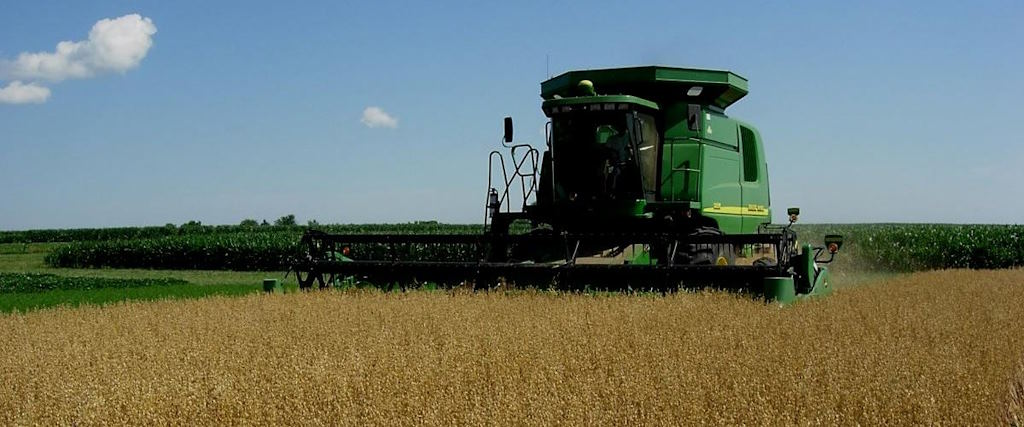Hunger is a complex issue that requires sustainable solutions to address its root causes and provide long-term relief. Adequate funding is crucial in supporting hunger relief organizations and their efforts to implement sustainable solutions. By investing in these initiatives, individuals, businesses, and governments can significantly impact the fight against hunger and contribute to a more food-secure future. Here are some ways in which funding supports sustainable solutions to hunger:
Agricultural Development
Funding enables hunger relief organizations to invest in agricultural development programs. These programs empower small-scale farmers, improve farming techniques, and promote sustainable agricultural practices. Farmers can increase their crop yields, improve food production, and enhance their resilience to climate change by providing access to training, resources, and technology. It, in turn, leads to increased food availability and improved livelihoods for farming communities.
Nutrition Education
Funding supports nutrition education programs that raise awareness about healthy eating habits, balanced diets, and the importance of proper nutrition. These programs aim to address malnutrition and promote behavior change in communities. By educating individuals and families about the nutritional value of different foods and encouraging the consumption of diverse and nutritious meals, funding contributes to improved nutrition outcomes and better health for vulnerable populations.

Climate Resilience
Climate change poses significant challenges to food security, particularly in vulnerable regions. Funding allows hunger relief organizations to implement climate resilience initiatives that help communities adapt to changing climatic conditions. It can include promoting drought-resistant crops, introducing irrigation systems, and implementing sustainable water management practices. By investing in climate resilience, funding contributes to the long-term sustainability of agricultural systems and helps communities withstand environmental shocks.
Food Waste Reduction
Funding supports efforts to reduce food waste throughout the supply chain. Hunger relief organizations work to establish partnerships with food producers, retailers, and restaurants to rescue surplus food that would otherwise go to waste. These initiatives involve collecting, storing, and redistributing excess food to those in need. By investing in food waste reduction programs, funding helps alleviate hunger and reduces the environmental impact of food waste.
Empowering Local Communities
Sustainable solutions to hunger require empowering local communities to become self-reliant and resilient. Funding supports community-led initiatives focusing on income-generating activities, vocational training, and capacity-building programs. These initiatives aim to enhance local skills, create economic opportunities, and improve food security from within the community. By investing in community empowerment, funding helps break the cycle of poverty and builds sustainable pathways to food security.
Research and Innovation
Funding enables hunger relief organizations to invest in research and innovation to develop new technologies, strategies, and approaches to address hunger. It includes exploring advanced farming techniques, improving storage and preservation methods, and finding sustainable alternatives to conventional agricultural practices. By investing in research and innovation, funding supports the continuous improvement and adaptation of sustainable solutions to tackle hunger effectively.


